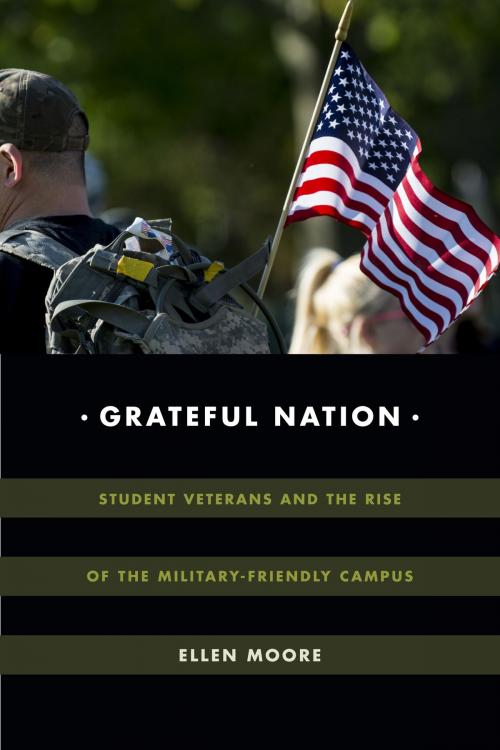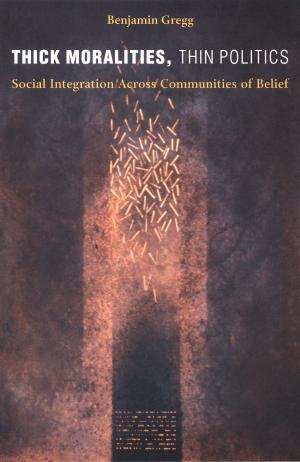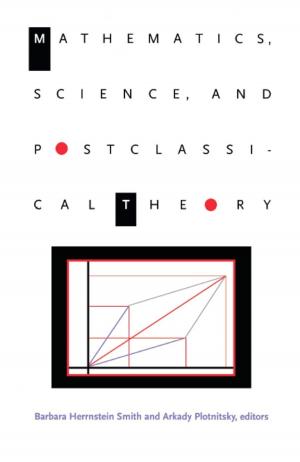Grateful Nation
Student Veterans and the Rise of the Military-Friendly Campus
Nonfiction, Reference & Language, Education & Teaching, Higher Education, Social & Cultural Studies, Social Science, Anthropology, Sociology| Author: | Ellen Moore | ISBN: | 9780822372769 |
| Publisher: | Duke University Press | Publication: | October 26, 2017 |
| Imprint: | Duke University Press Books | Language: | English |
| Author: | Ellen Moore |
| ISBN: | 9780822372769 |
| Publisher: | Duke University Press |
| Publication: | October 26, 2017 |
| Imprint: | Duke University Press Books |
| Language: | English |
In today's volunteer military many recruits enlist for the educational benefits, yet a significant number of veterans struggle in the classroom, and many drop out. The difficulties faced by student veterans have been attributed to various factors: poor academic preparation, PTSD and other postwar ailments, and allegedly antimilitary sentiments on college campuses. In Grateful Nation Ellen Moore challenges these narratives by tracing the experiences of Iraq and Afghanistan war veterans at two California college campuses. Drawing on interviews with dozens of veterans, classroom observations, and assessments of the work of veteran support organizations, Moore finds that veterans' academic struggles result from their military training and combat experience, which complicate their ability to function in civilian schools. While there is little evidence of antimilitary bias on college campuses, Moore demonstrates the ways in which college programs that conflate support for veterans with support for the institutional military lead to suppression of campus debate about the wars, discourage antiwar activism, and encourage a growing militarization.
In today's volunteer military many recruits enlist for the educational benefits, yet a significant number of veterans struggle in the classroom, and many drop out. The difficulties faced by student veterans have been attributed to various factors: poor academic preparation, PTSD and other postwar ailments, and allegedly antimilitary sentiments on college campuses. In Grateful Nation Ellen Moore challenges these narratives by tracing the experiences of Iraq and Afghanistan war veterans at two California college campuses. Drawing on interviews with dozens of veterans, classroom observations, and assessments of the work of veteran support organizations, Moore finds that veterans' academic struggles result from their military training and combat experience, which complicate their ability to function in civilian schools. While there is little evidence of antimilitary bias on college campuses, Moore demonstrates the ways in which college programs that conflate support for veterans with support for the institutional military lead to suppression of campus debate about the wars, discourage antiwar activism, and encourage a growing militarization.















